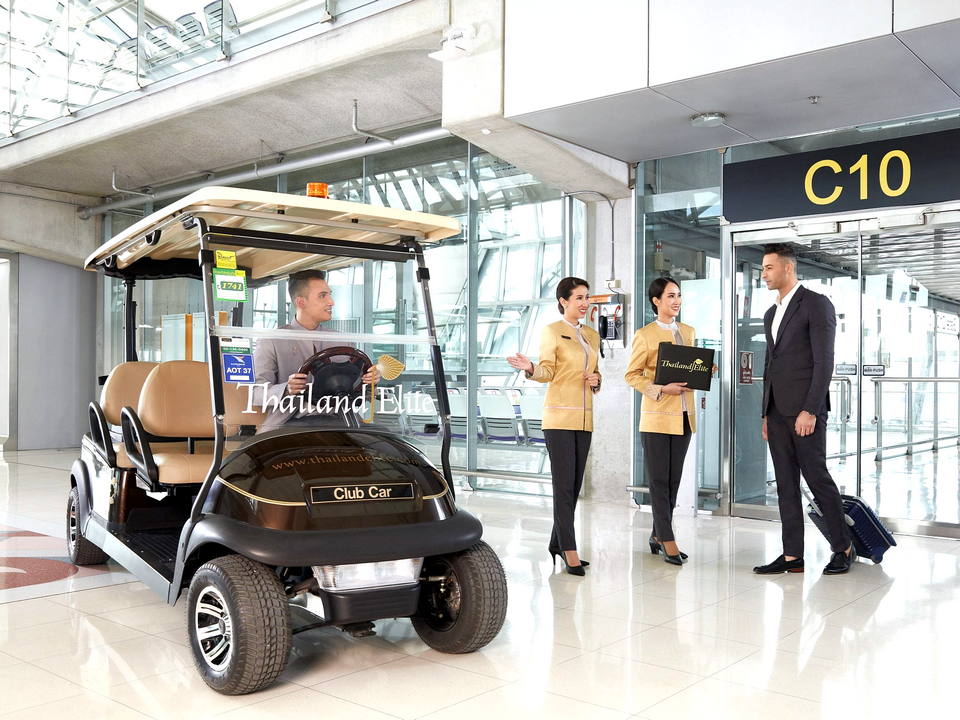
No other longstay visa in Thai immigration history is proving as successful as the Elite card. Its early history from 2003 was shaky, but the Covid pandemic has revealed a growing market for “affluent” foreigners and their families wanting a second home in the Land of Smiles. Sales to Chinese nationals have surged almost 200 percent in the past year and now account for a third of the 22,000 total membership. Brits and Americans are in the top five passport groups. There are several Elite visa choices but they offer multiple-entry stays of 5-20 years for one-off cash payments which start at 600,000 baht, or around US$16,500. After initial payment in full, no need to show bank statements or income trails again.
Yuthasak Supasorn, governor of The Tourism Authority of Thailand which is the main sponsor, said luxury customers were still arriving and spending in spite of a global inflation and energy crisis. He believed that the success of Elite is rooted in the ease of the application, the lack of any insurance requirement and the flexibility of various Elite options. Recent marketing has been skillful, stressing for example that attending business meetings or investing in property does not necessarily require a work permit. The management of Elite has been particularly successful in in creating partnerships with financial institutions and business operators in boom sectors such as health and wellness.
The main rival to Elite is the Long Term Residence (LTR) visa program offering wealthy pensioners, investors, executives and digital nomads 10 years in return for investments or income mostly in excess of the Elite requirements. The scheme is under the jurisdiction of the Board of Investment (BOI) whose marketing strategies seem stagnant by comparison. Also, the much-publicized perk of possible entitlement to buy freehold land has now been cancelled by the Thai Cabinet. The main attractions of LTR specifically are a lower rate of income tax for professionals and the possibility of an alternative route to a work permit. Although BOI has not published any data since the September 2022 launch, the take-up is rumored to be small.
Thailand has a history of encouraging foreign longstayers with cash to spend. In 2017 a 10 year visa for retirees was introduced, but failed to attract much support. A three-year business visa was promised but was never delivered by Thai embassies abroad. The permanent resident program is popular but strictly curtailed by number limits and requiring substantial evidence of benefitting the Thai economy. Attempts to extend beyond one year at a time the visas and extensions of stay for retirees over 50 years and foreigners with Thai spouses or dependants have also stalled. Meanwhile, the Elite card is expected to double its enrolment in the next two years. Simply put, it’s less hassle.
 |
 |
 |





